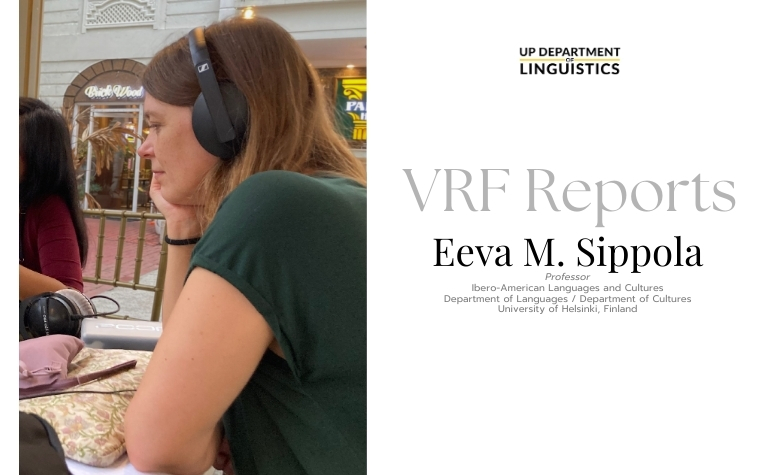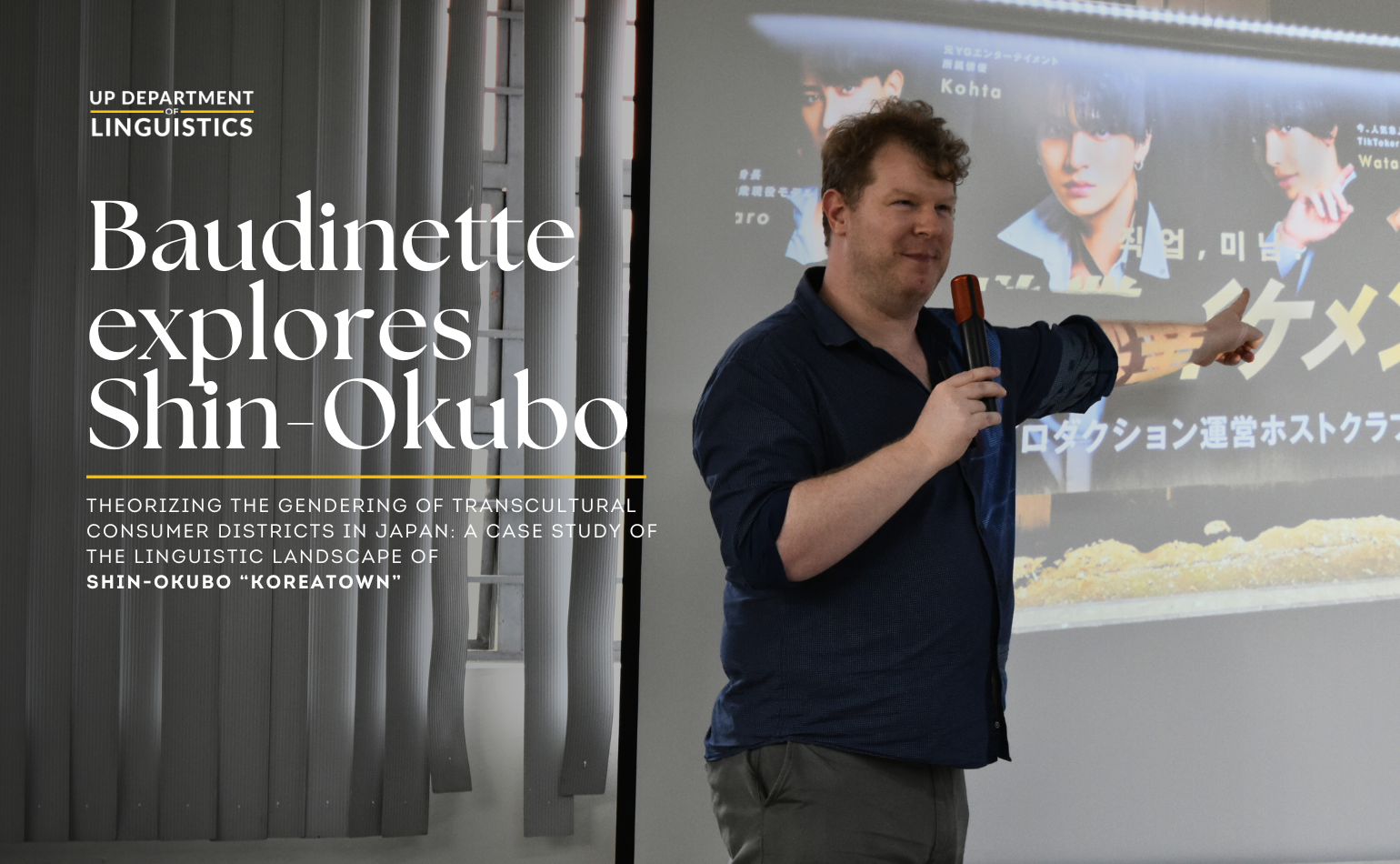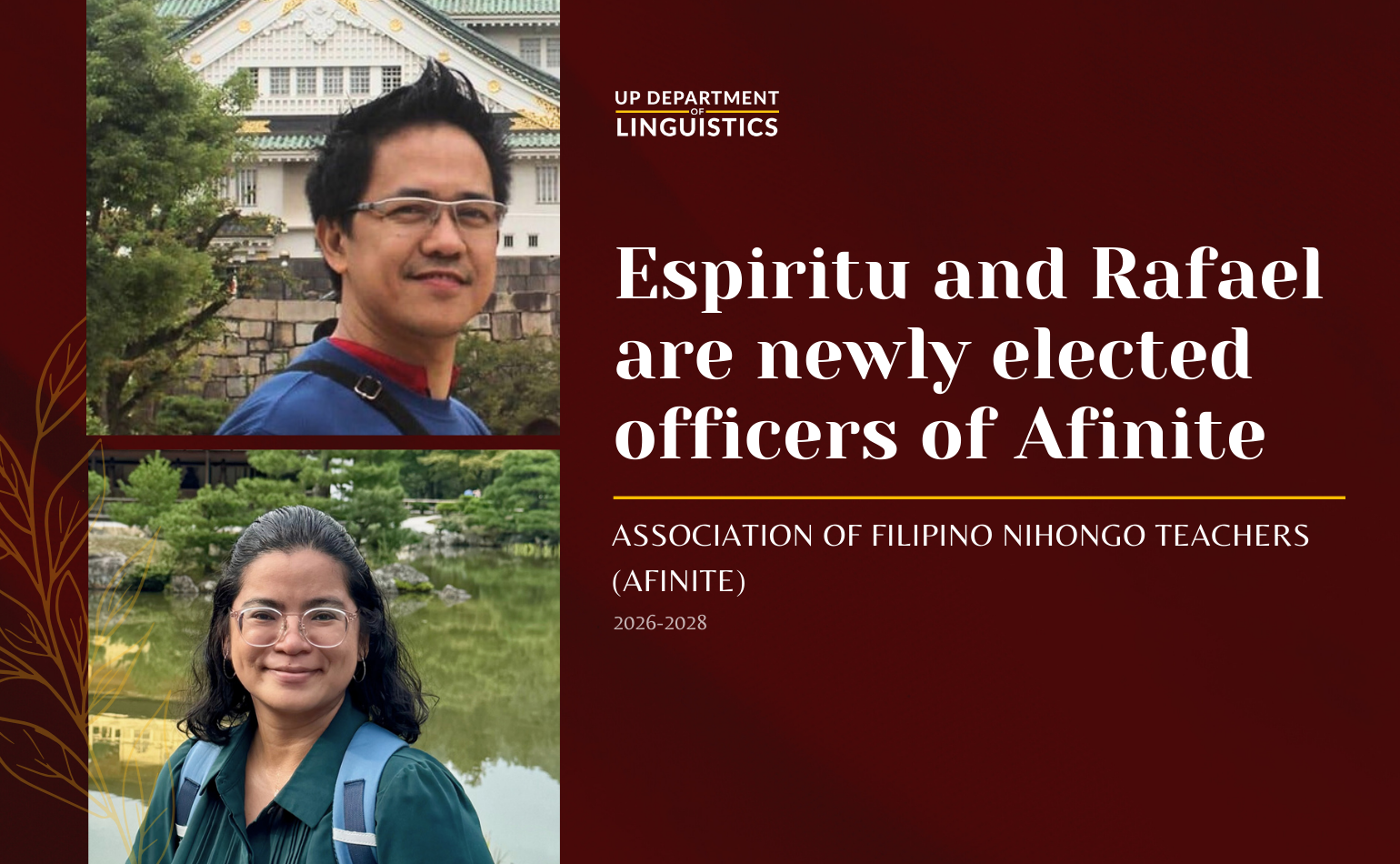
The Department co-organized the 2024 Lannang Symposium with The Chinese University of Hong Kong (CUHK) last 10-12 July at Palma Hall Pavilion 1. The event, with the theme, “Engage, Embrace, Empower: (Re-)discovering ‘Lannang,’” was attended by scholars, historians, creatives, social media personalities, and activists that presented their works and studies.
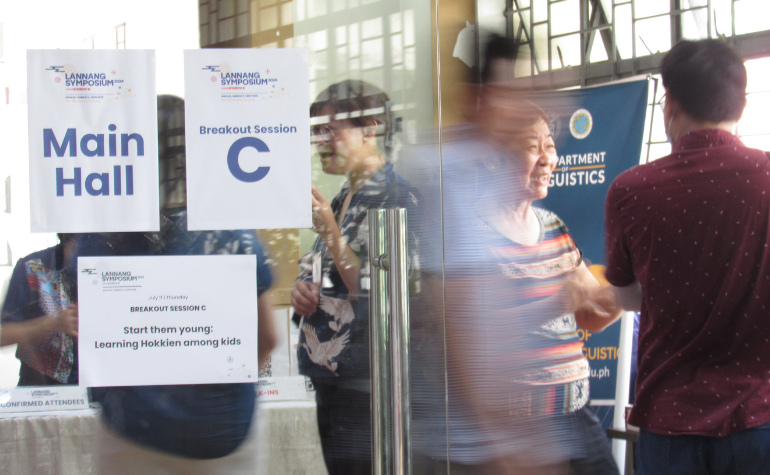
With the goal of further laying the stones of necessary conversations and establishing a grassroots approach to bring about positive changes within the Lannang community, the symposium was organized, gathering members of the said community, including its stakeholders and individuals interested in Lannang heritage. Through this, discussions in relation to heritage, identity, and language, were facilitated.
The three-day symposium’s theme was inspired by questions left unanswered from Gonzales’ (2022) study, namely: (i) What does it truly mean to be Lannang? (ii) How does Lannang identity and heritage intersect with other identities and heritages in the Philippines? (iii) In the face of ongoing marginalization, both systemic and otherwise, how can the Lannang communities be empowered? (iv) and what role does language play in all of this?
The first half of the first two days of the symposium consisted of a keynote presentation and several breakout sessions headed by students and professionals. Meanwhile, its latter half and the last day were designated for panel discussions with different themes.
During the first day of the symposium, the keynote speaker was Dr. Richard Chu from the University of Massachusetts Amherst’s Department of History, who discussed “Intsik to TDK, Chinotagalospanische to Hokaglish: The Construction and Negotiation of Lannang identity and Lannang ue in Philippine Society.”
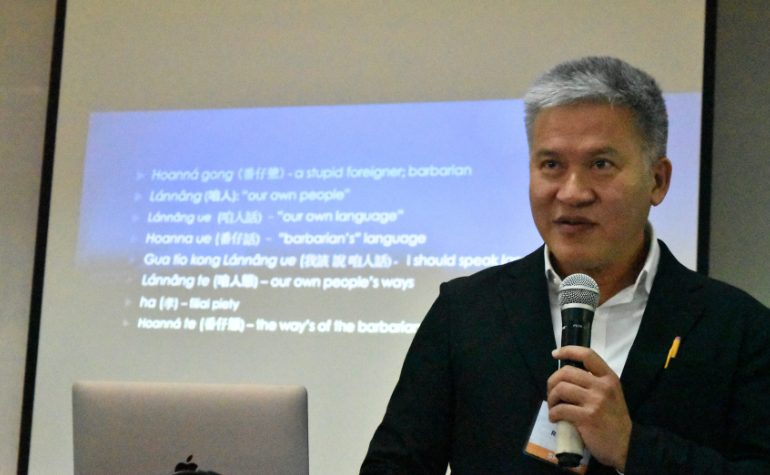
This was followed by panel discussions 1 and 2 in the afternoon, which discussed the topics, “Lannangs and Language”, and “Lannangs, Language, and Media,” respectively.
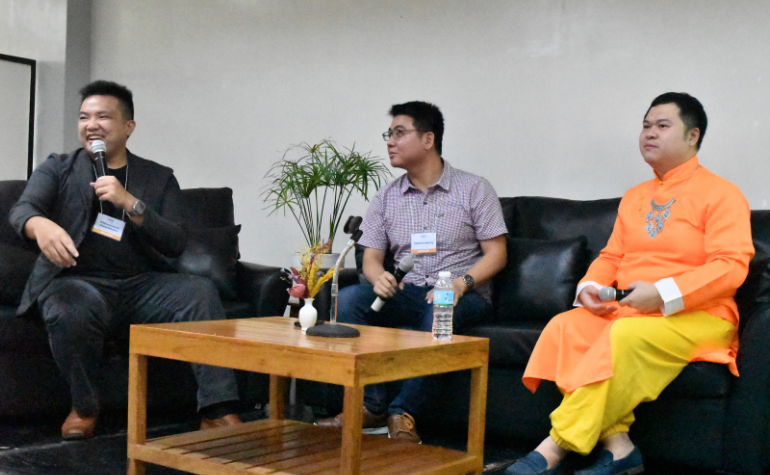
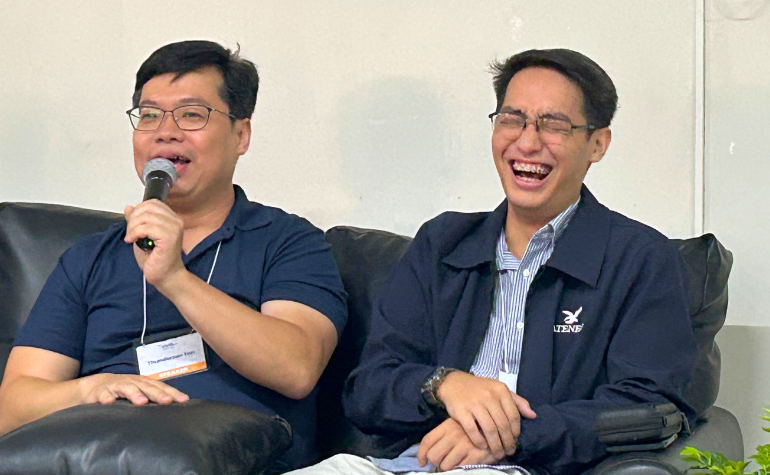
During the second day, Dr. Wilkinson Daniel Wong Gonzales from The Chinese University of Hong Kong’s Department of English tackled the symposium’s theme, “Navigating the Lannang Limbo: The sociolinguistic construction and development of ‘Chinese’ and Lannang identities”.
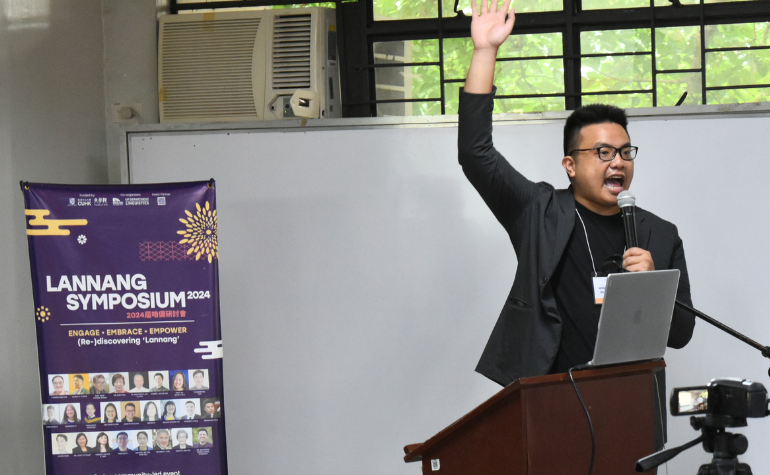
This was then followed by panel discussions 3 and 4 in the afternoon, which revolved around “Lannangs, Language, and Religion,” as well as “Lannangs, Language, and Literacy/Education/Policy,” respectively.
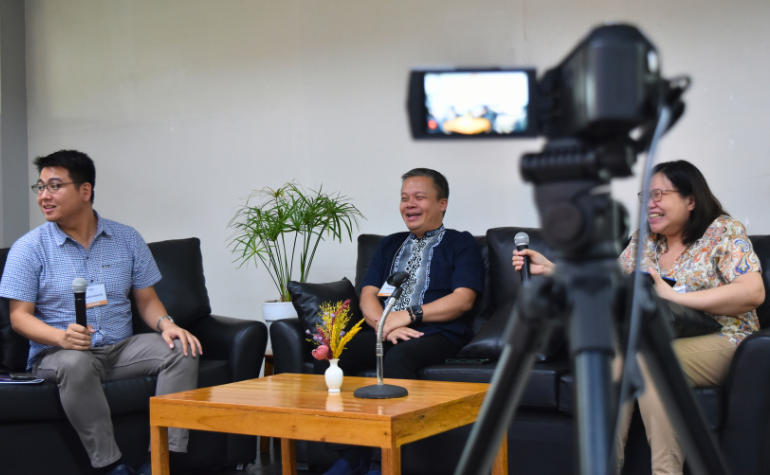
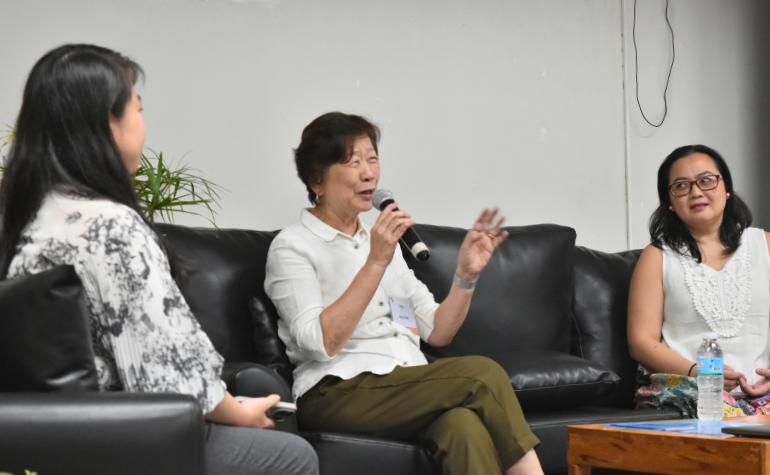
The third day focused on panel discussions 5 and 6, which discussed “Lannang Culture, Heritage, and Identity,” as well as “Lannang Heritage Beyond the Manila Context.”
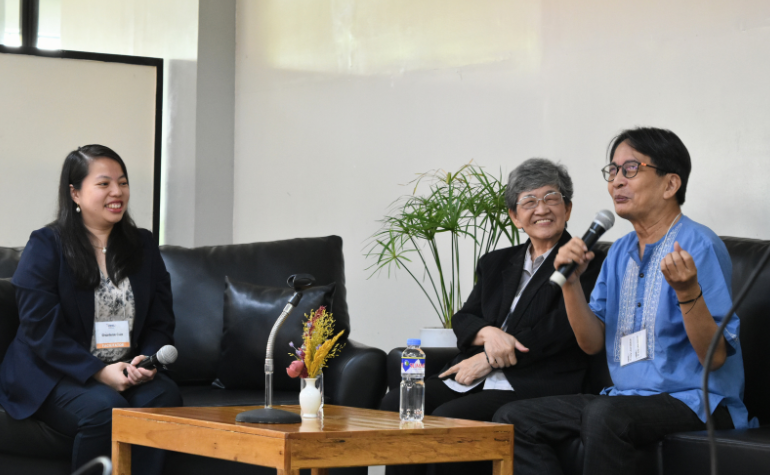
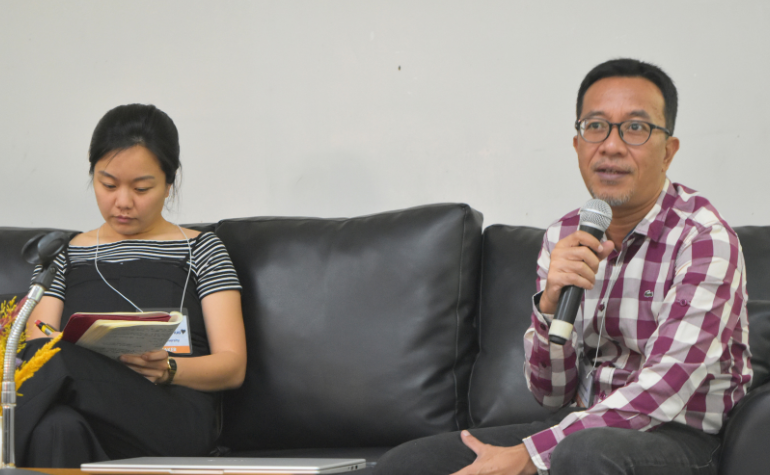
Aside from the panel discussions, breakout sessions were also held, all of which were also led by influential figures in the Lannang community.
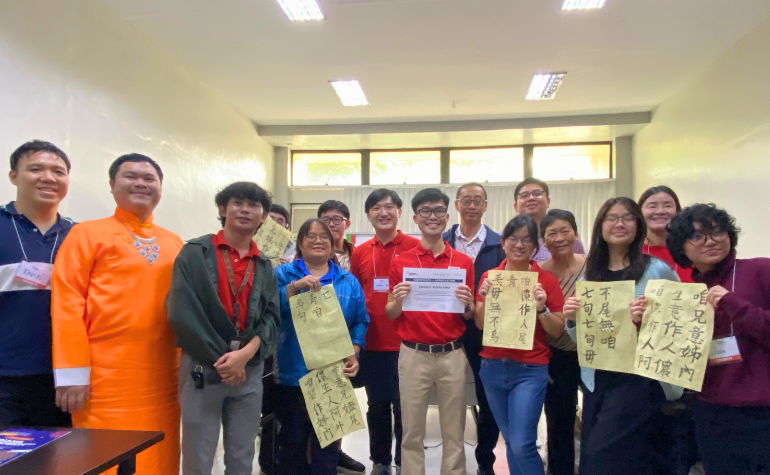
The symposium is “a space for Lannang community members, stakeholders, and individuals interested in Lannang heritage to engage in discussions concerning Lannang heritage and identity, with a particular emphasis on language,” and recognizes “that real and sustainable transformations require time” in the objective of mobilizing “change at the community level, understanding that authentic and lasting progress begins from within.”
Congratulations to the organizers on a successful event, and readers may follow The Lannang Archives and Lannang Stories for more information about the topic.
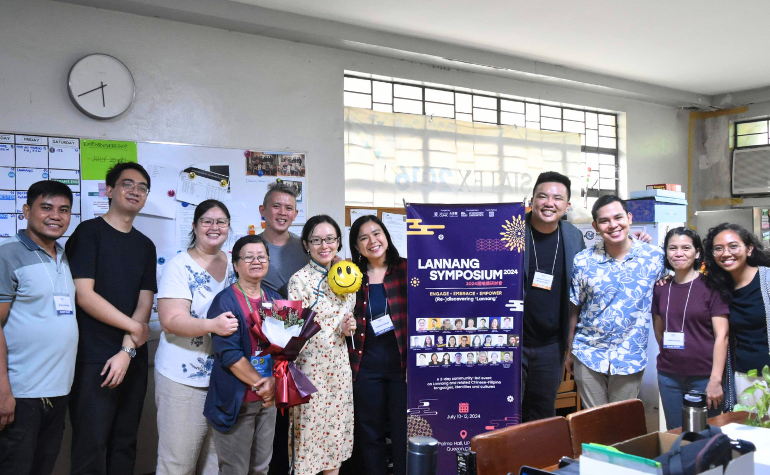
Published by Patricia Anne Ocampo

